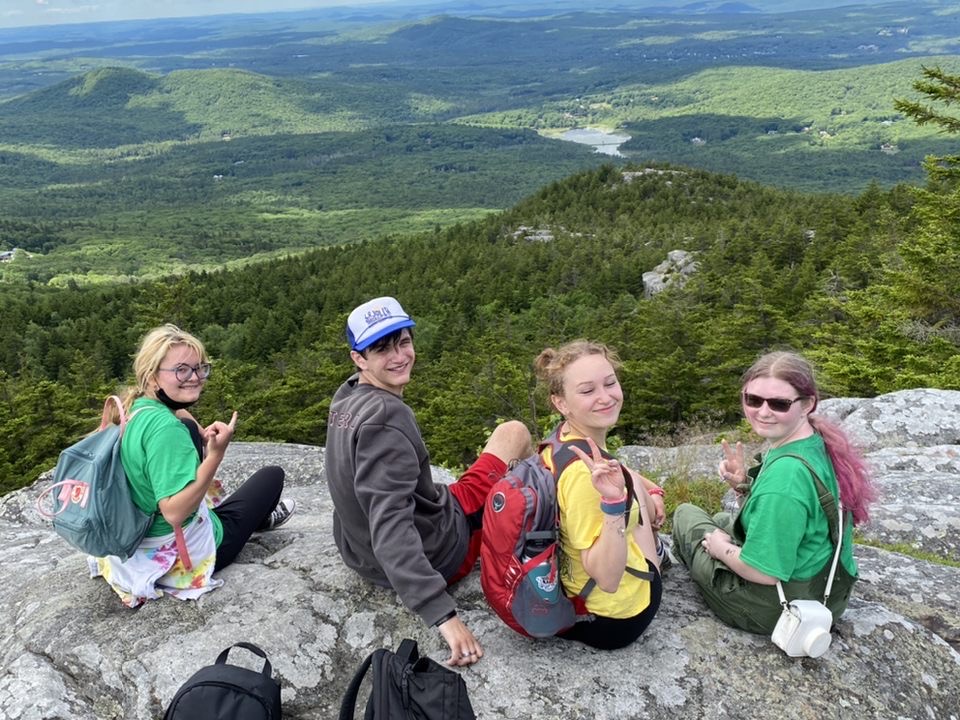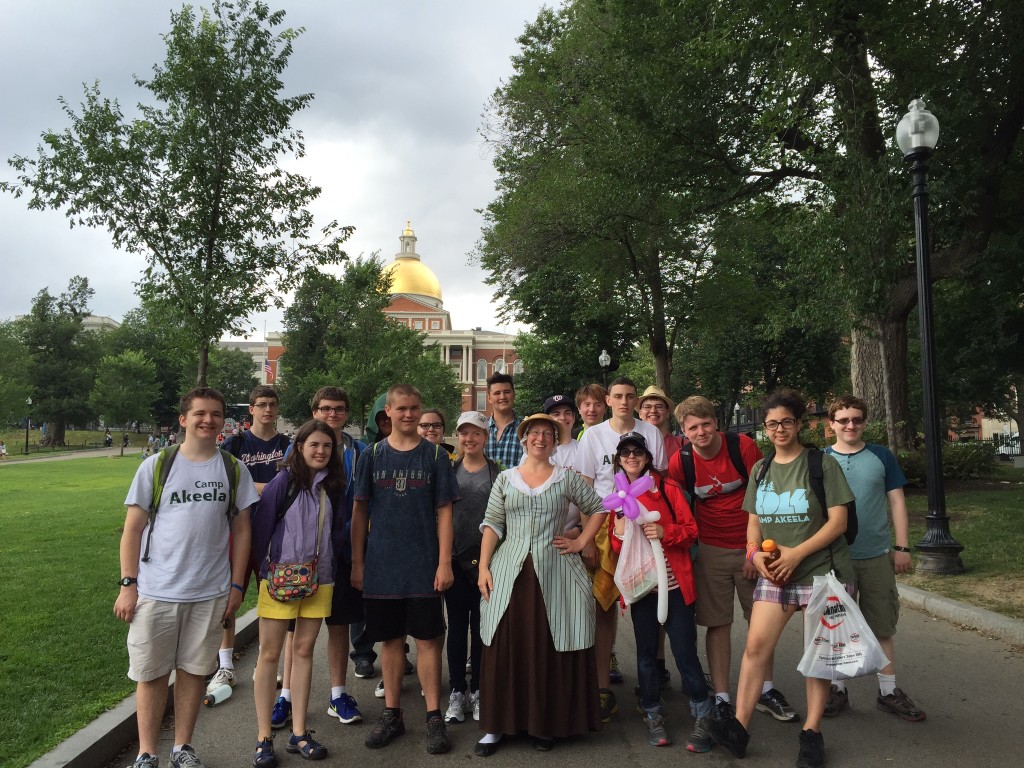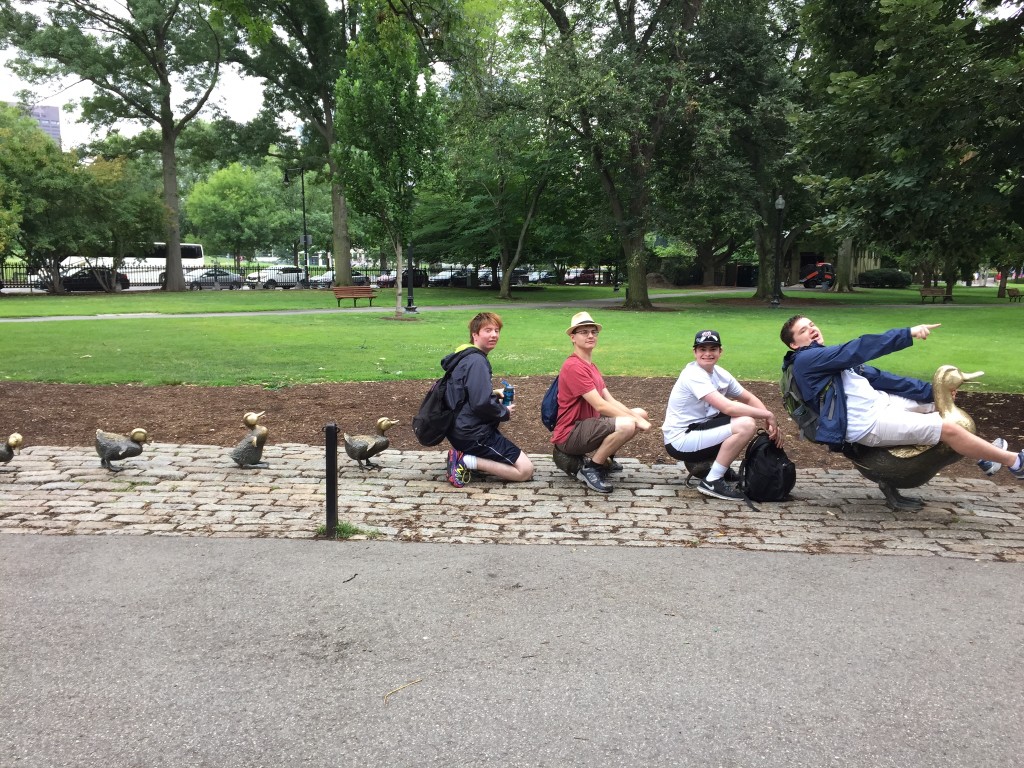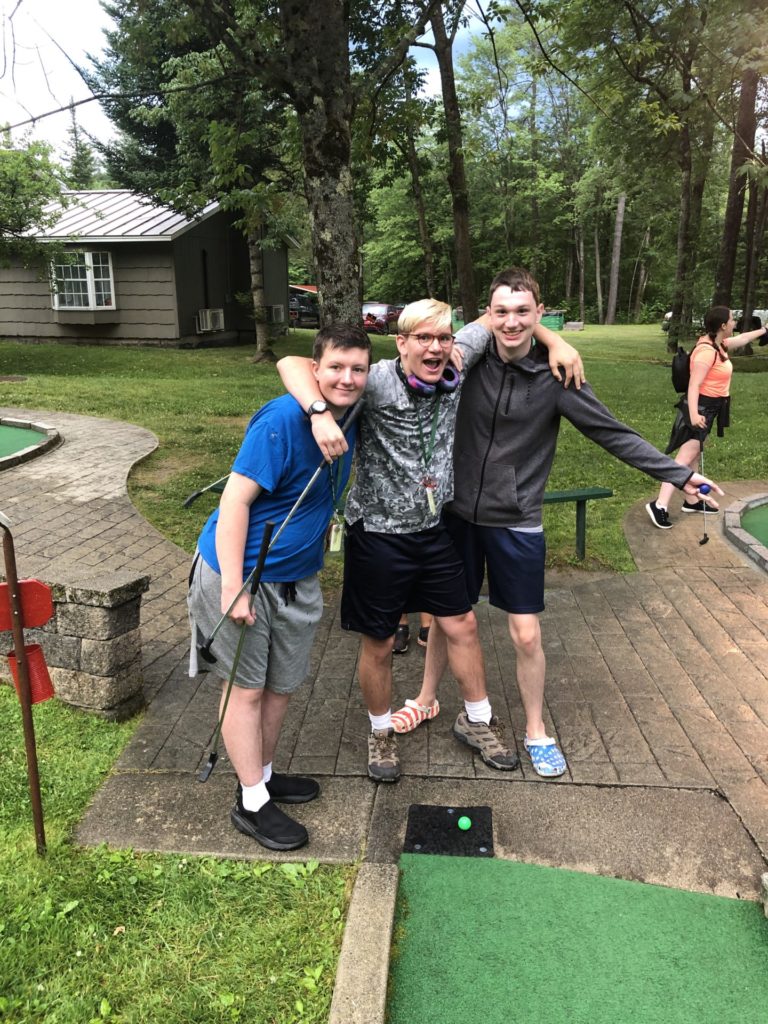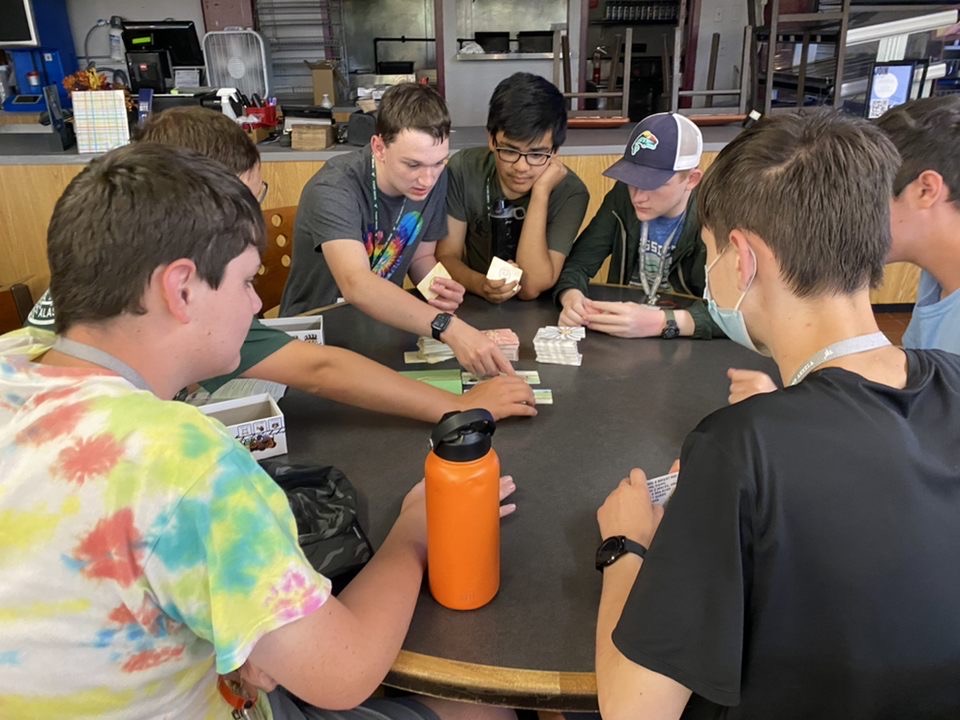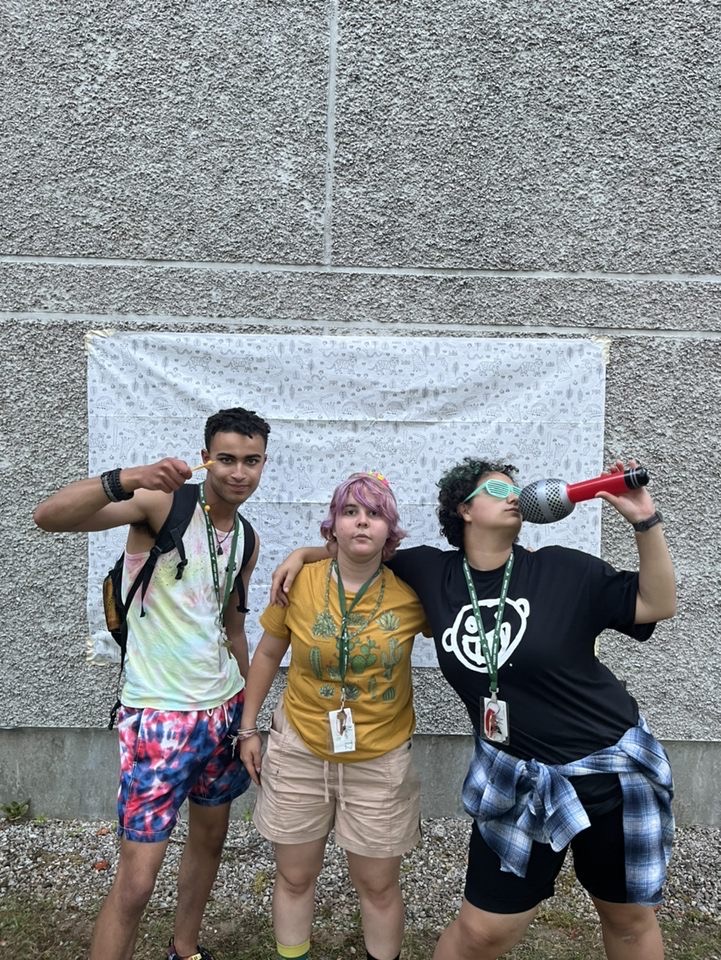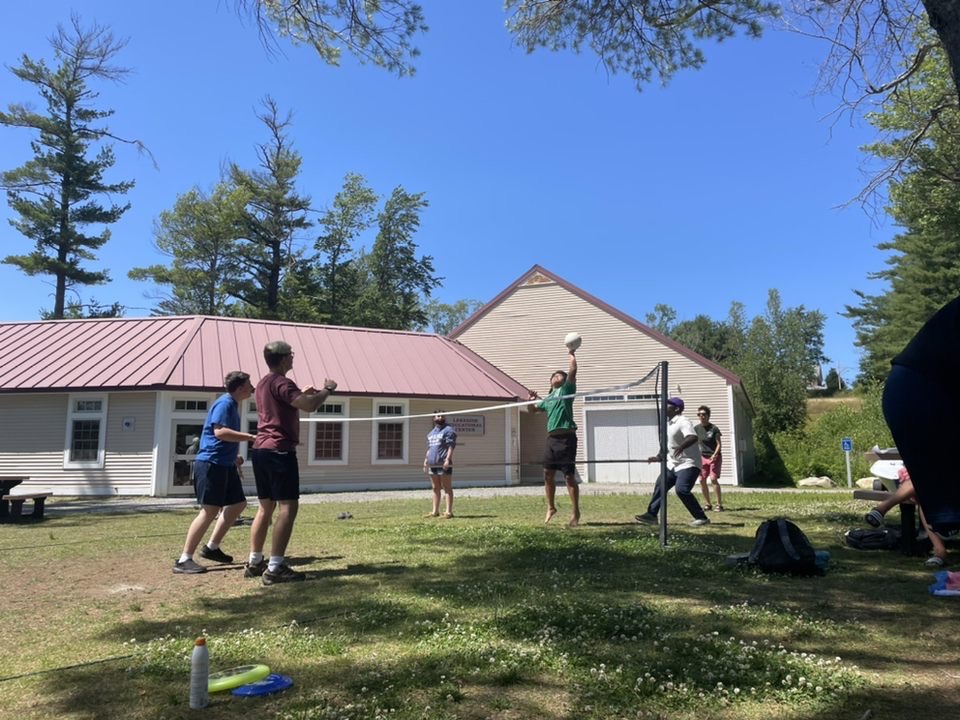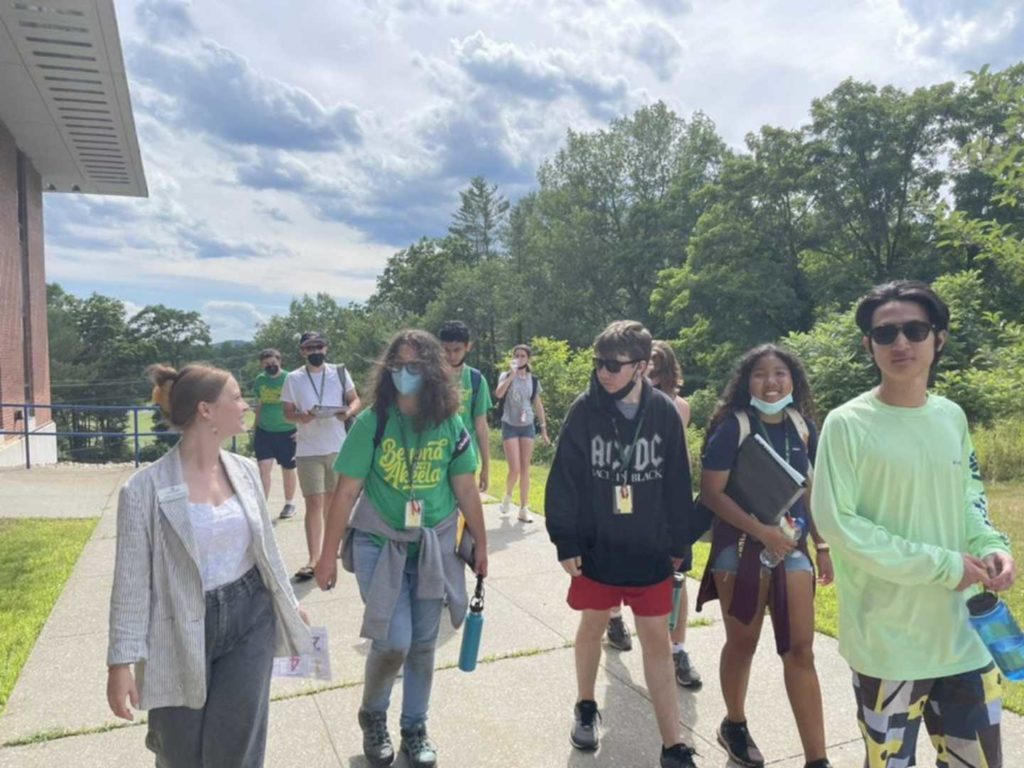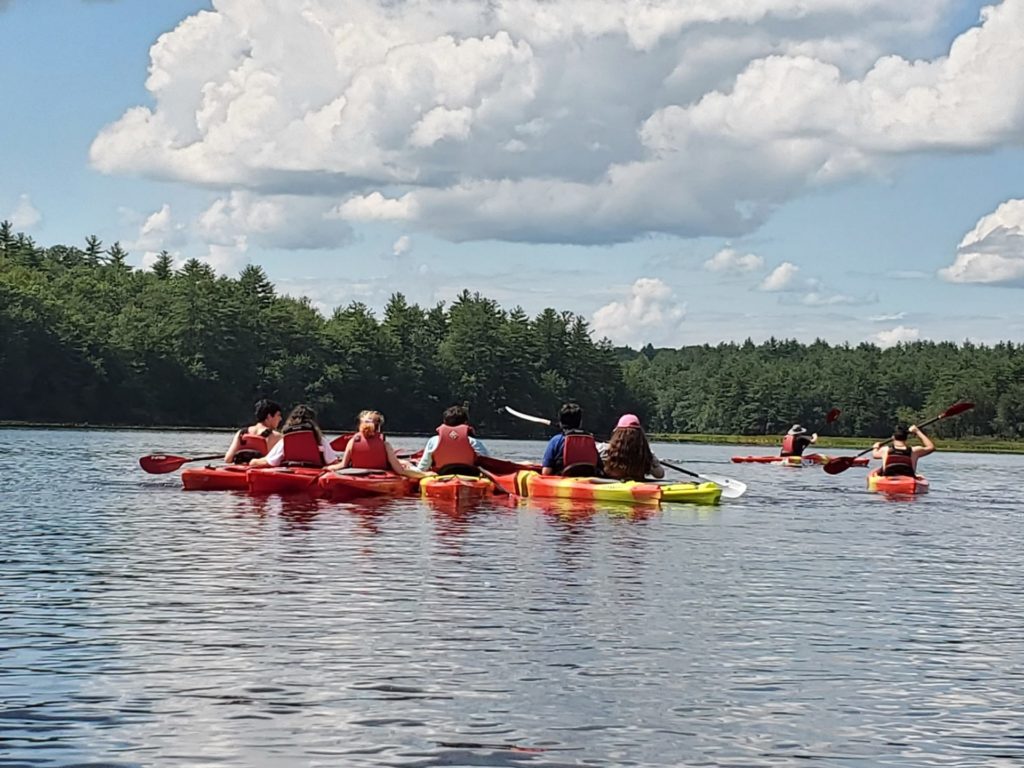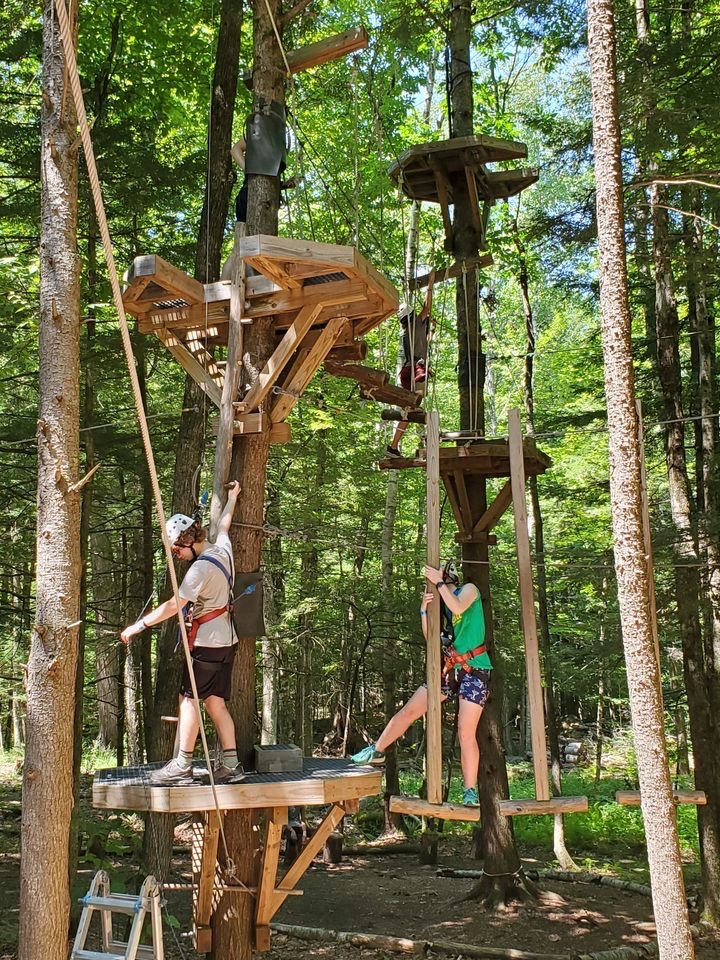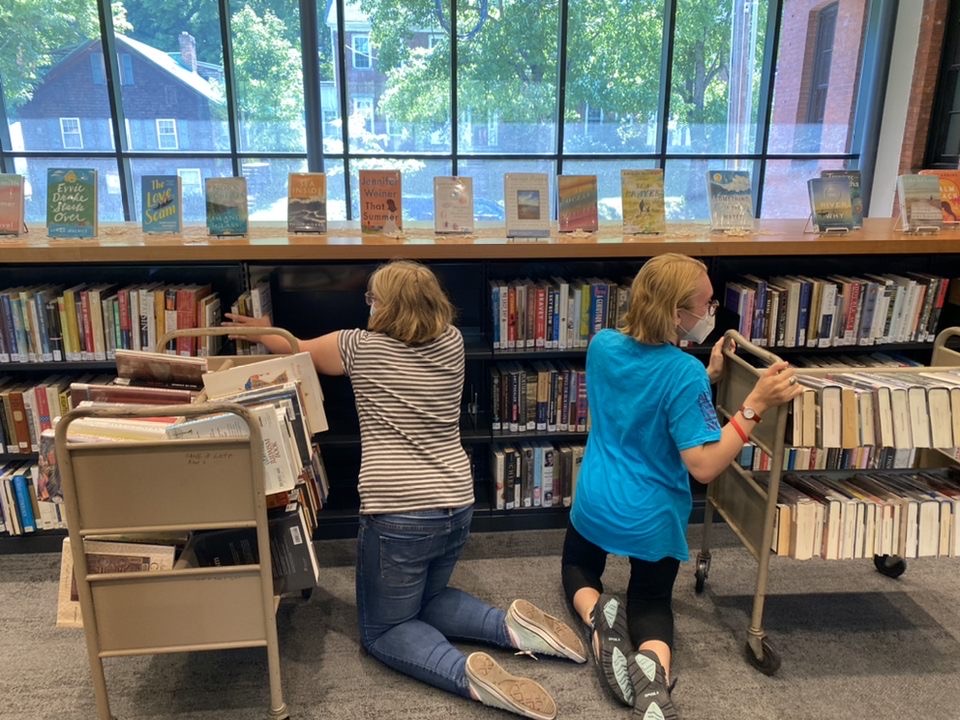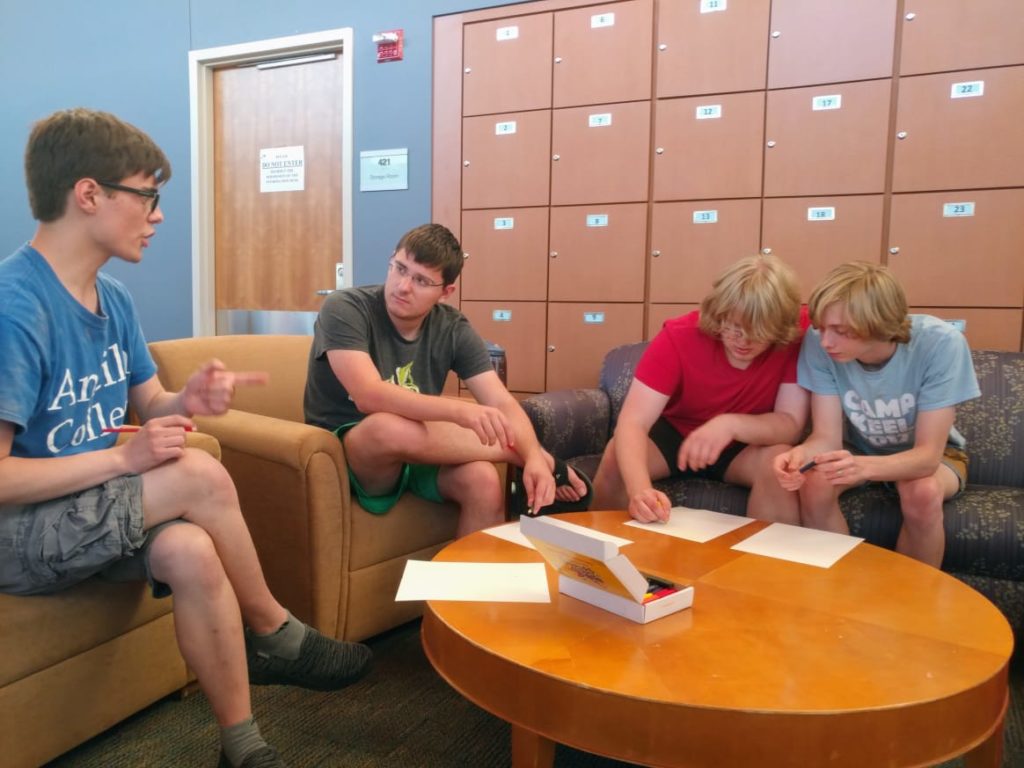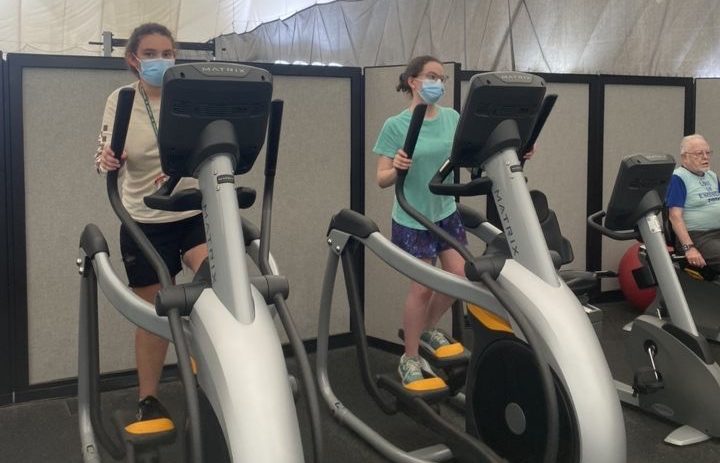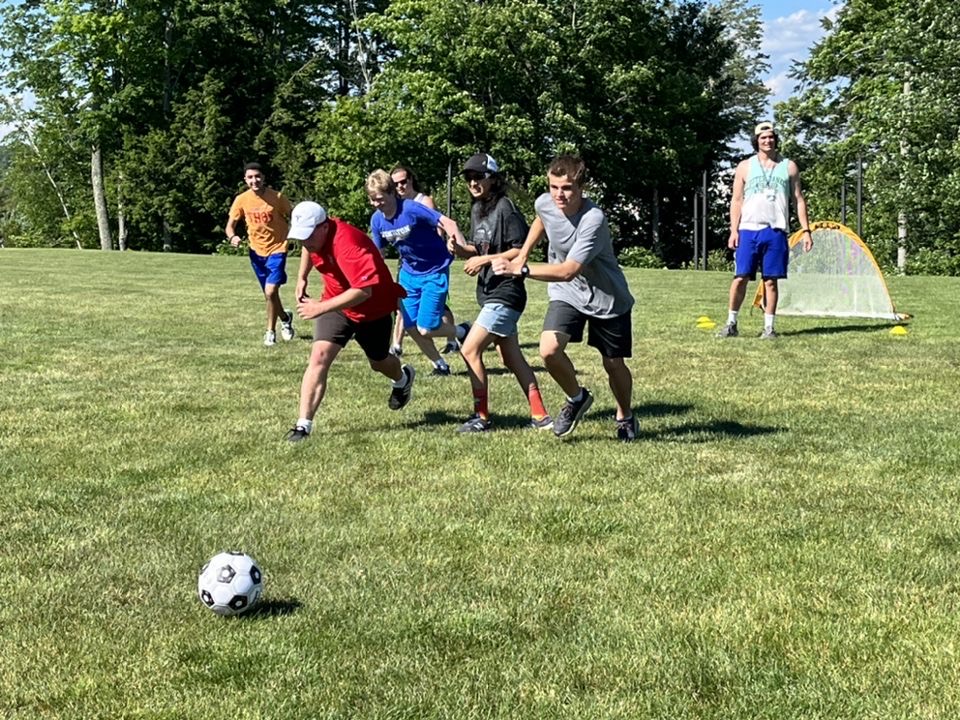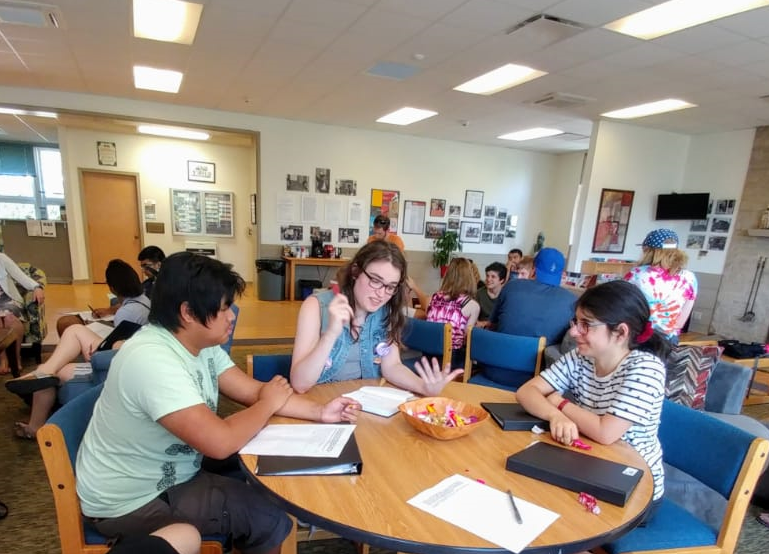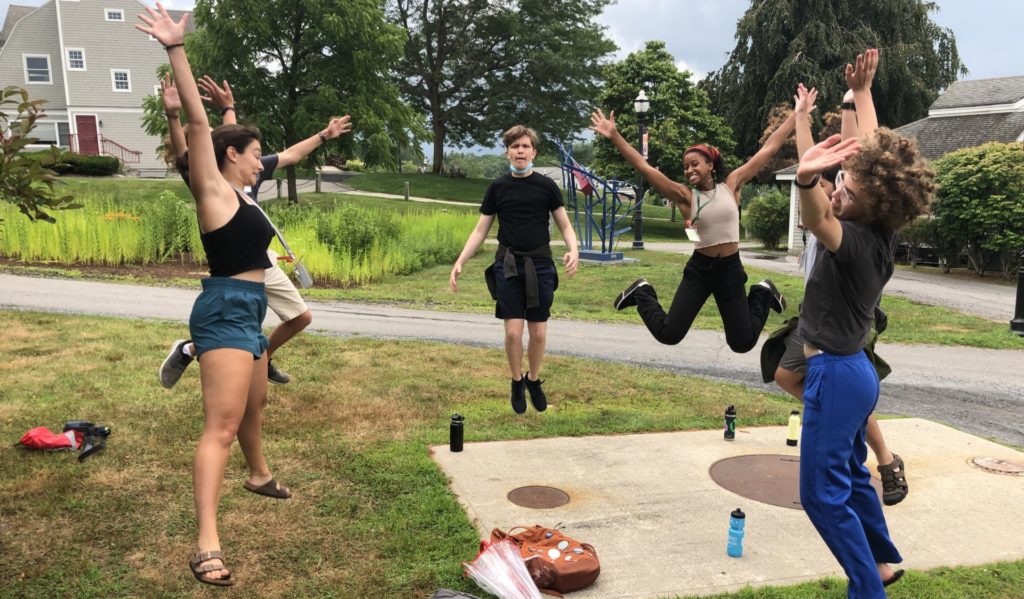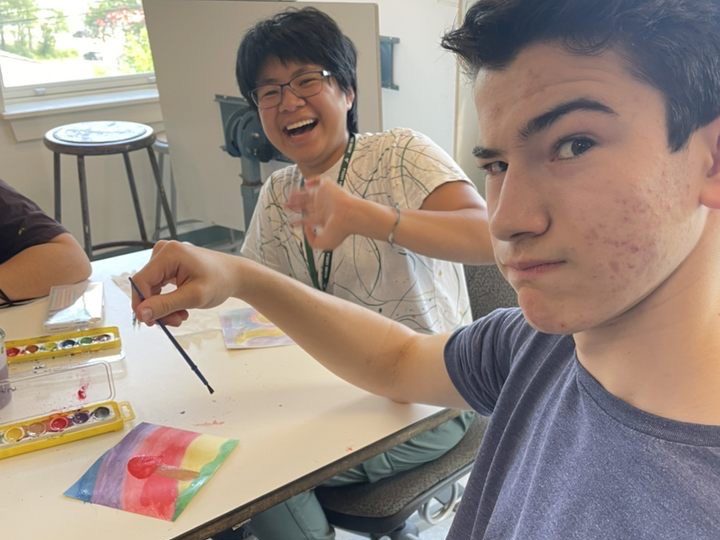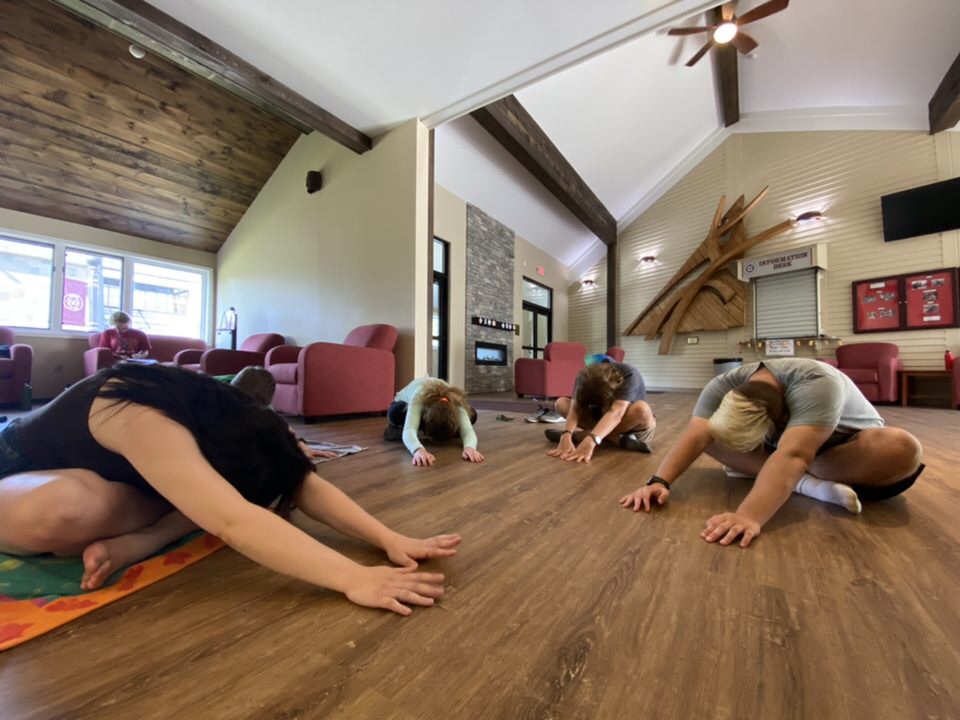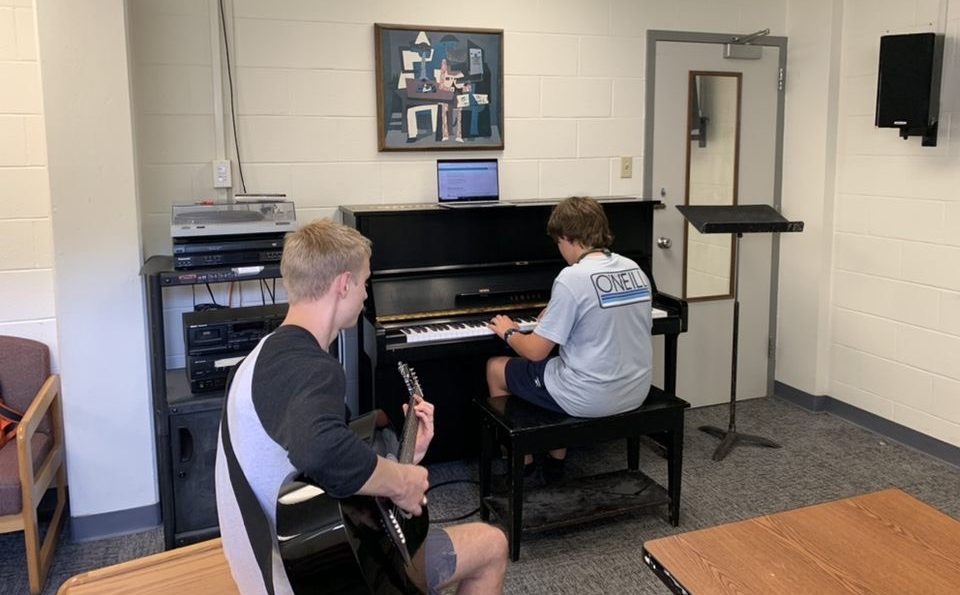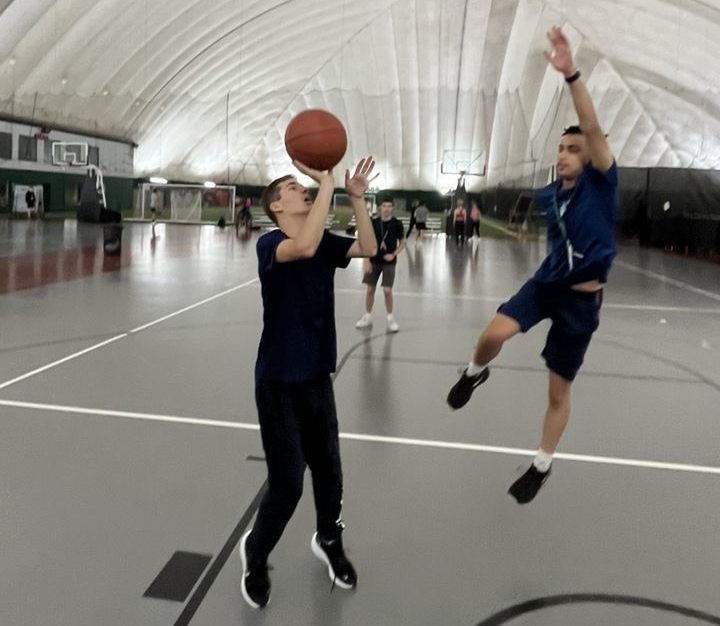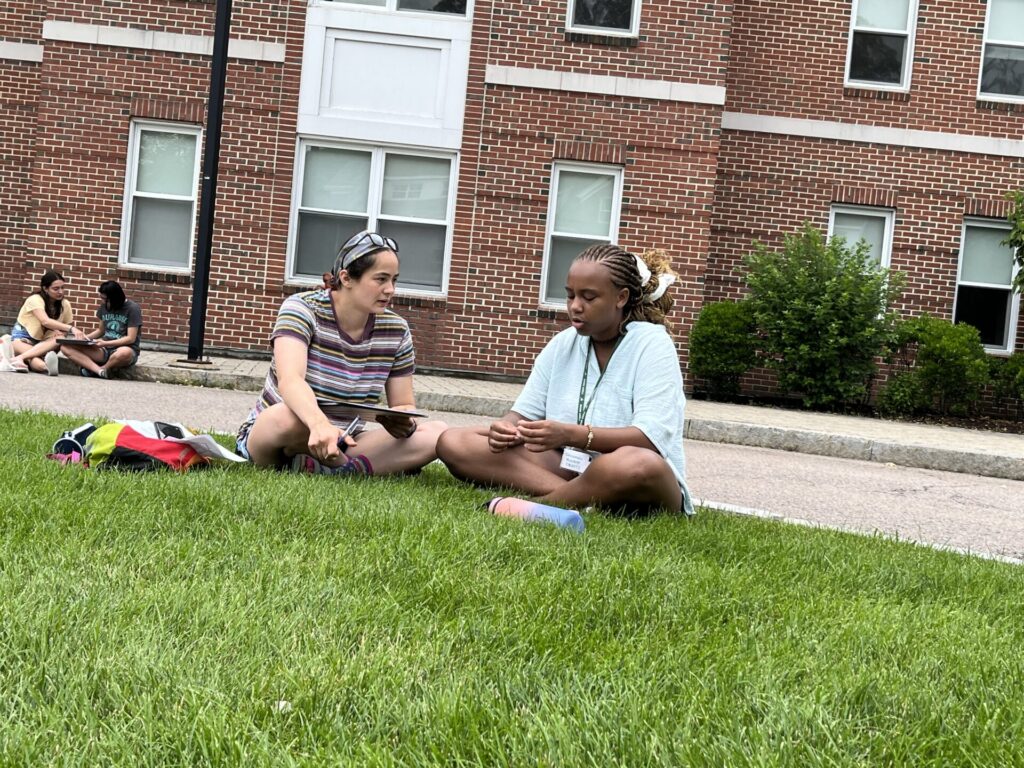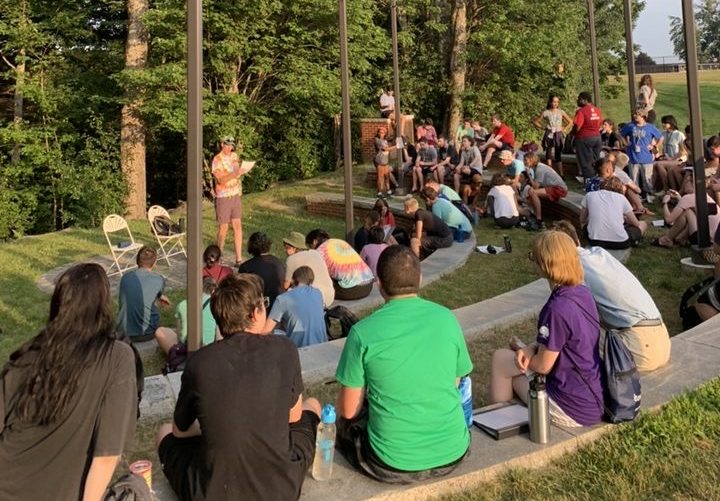
Beyond Akeela, as you know, is an intimate community summer program, designed by summer camp professionals who specialize in helping quirky kids to build social confidence as they transition to college and adulthood. But preparing campers for “the real world” isn’t just about helping them develop skills – we seek to inspire them to realize their limitless potential! We think today’s post about Elon Musk’s Asperger’s announcement is pretty darn inspiring.
When you hear the name “Elon Musk” you probably think of the high-end all electric Tesla automobile or Spacex rockets sending astronauts to the International Space station, or (more recently) his off-the-wall tweeting about cryptocurrencies like Dogecoin. There’s no doubt that this sometimes world’s richest man has his hands in a lot of pots – but did you know that he’s done and is doing it all despite having been diagnosed with Asperger’s Syndrome? Neither did we… until recently!
While hosting Saturday Night Live back in May of this year, the billionaire tech entrepreneur unexpectedly revealed the fun fact about himself:
“I don’t always have a lot of intonation or variation in how I speak… which I’m told makes for great comedy,” he joked in his opening monologue. “I’m actually making history tonight as the first person with Asperger’s to host SNL.”
Some are quibbling over whether or not he’s really the first, but learning that someone on the spectrum is at the top of their game, of course, shouldn’t come as any surprise. We learned just last year that Chris Rock had been diagnosed with NVLD, and there are many people who believe that other tech leaders and world-renowned geniuses are among the ranks as well:
Musk, of course, is one of the world’s two richest people, and it’s probably no coincidence that he has Asperger’s and is a highly successful tech entrepreneur. Temple Grandin, who is famous for her autism and autism advocacy, believes that Albert Einstein and Steve Jobs had Asperger’s, and that the same is true of many of today’s tech icons, though she won’t name names while they are alive.
We’d like to think that all of our campers already know that their Aspergers, autism or NVLD shouldn’t hold them back in life – and in many ways, might benefit them – but we’re always thrilled to hear stories like this that help us further illustrate that fact. This of course doesn’t mean that everyone attending Beyond Akeela will go on to become an eccentric billionaire tech entrepreneur – but it does mean that there’s no reason they can’t!
Beyond Akeela truly believes that the sky is the limit for all of our campers and we our program can help them all realize their dreams. Please share this story with anyone you feel might be inspired by it and let us know if you’re interested in learning more about our college readiness Aspergers program.
Photo Credit:JD Lasica from Pleasanton, CA, US, CC BY 2.0, via Wikimedia Commons



